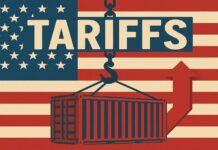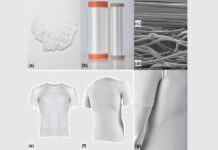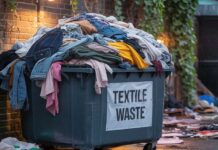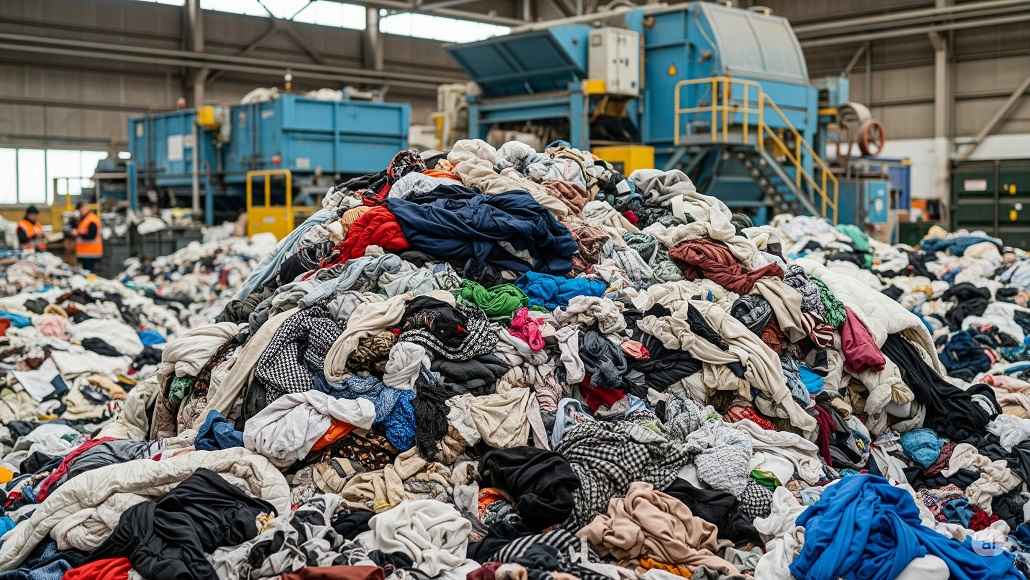ReHubs, a joint initiative by EURATEX focused on sustainable fashion, is making significant headway in addressing the critical issue of textile waste within the European textile industry. With a vision to foster a circular economy in fashion, the company emphasizes recycling and repurposing materials to mitigate environmental impact.
Recently launched, ReHubs has introduced a comprehensive platform designed to facilitate the collection, sorting, and recycling of textile waste. This initiative targets fashion brands, retailers, and consumers, encouraging widespread participation in sustainable practices. By harnessing advanced technology and forging strategic partnerships, ReHubs aims to streamline the recycling process and improve the recovery of valuable materials from discarded textiles.
The platform offers various services, including educational resources for brands on implementing sustainable practices and guidance on effective recycling and upcycling of textiles. Users can also track the lifecycle of their garments, ensuring transparency in the recycling process and fostering a sense of accountability among consumers.
ReHubs is on a mission to combat the alarming levels of textile waste generated across Europe. Recent statistics reveal that millions of tons of textiles are discarded annually, with a significant portion ending up in landfills. By promoting a circular economy, ReHubs seeks to minimize waste and encourage sustainable consumption habits.
In addition to its recycling efforts, ReHubs is exploring collaborative opportunities with multiple stakeholders in the textile sector, including manufacturers, NGOs, and local governments. By building partnerships, ReHubs aims to create a resilient ecosystem that supports sustainable practices and drives innovation within the fashion industry.
As the demand for sustainable fashion continues to rise, ReHubs’ initiatives are expected to play a vital role in transforming the European textile landscape. By advocating for recycling and responsible consumption, the startup is well-positioned to make a lasting impact on reducing textile waste and promoting environmental sustainability in the fashion sector.


































